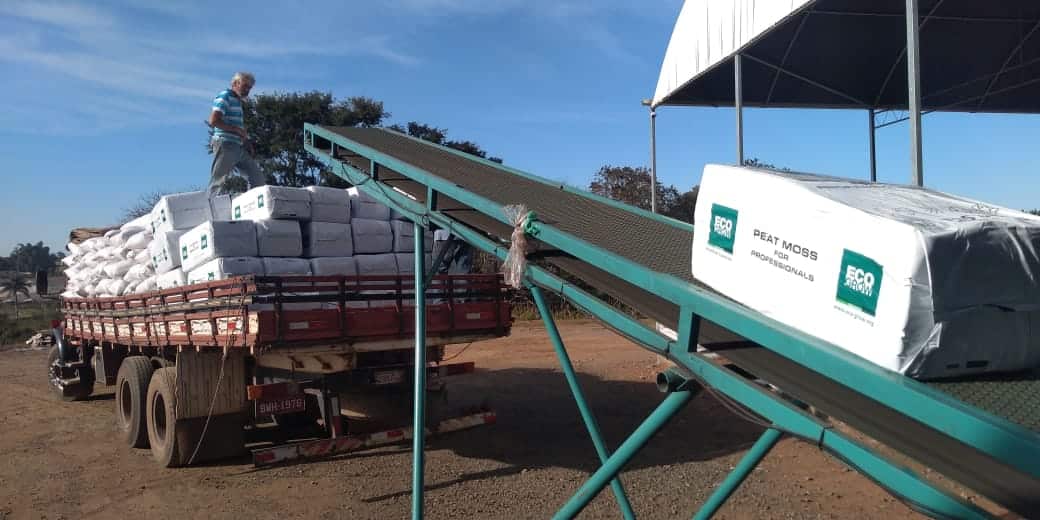Source : Association of Potting Soil and Substrate Manufacturers of the Netherlands
Raw material shortage in the potting soil and substrate sector
The availability of key raw materials such as peat and coir (coconut fibre) for the Western European substrate market is at a historic low. The main causes are poor weather in the peat and coir production areas. In addition, the rapidly growing global demand for these raw materials, particularly from Asia, is also reducing their availability for Western Europe. These developments pose significant challenges for the Dutch substrate market in the coming year.
Peat production remains weak
Due to the poor weather with heavy rainfall in the Baltic States, Finland, and Sweden between May and July 2025, peat production is stuck at a harvest rate of between 40 and 50%. White peat production presents the greatest challenge, with a harvest rate of between 25 and 35%. For Dutch substrate companies, the Baltic States, Finland and Sweden are the most important peat production areas. Peat production must take place during the summer months when the weather is dry. With an annual consumption of approximately 4 million m³ of peat, out of a substrate production of 7.5 million m³, peat is by far the most commonly used raw material in the Netherlands.
Coconut coir
With an annual volume of approximately 1.1 million m³, coco is the second most popular raw material for potting soil. Here too, the unpredictability of the rainy season presents challenges in production and availability.
Other raw materials
In addition to the more limited availability of important raw materials such as coco and peat, the demand for renewable raw materials such as bark, wood fiber and compost is also increasing. The available volumes of sufficient quality of other new renewable raw materials (cultivated plant fibers, etc.) are, however, still limited in the short term and these cannot certainly replace the volumes of peat. With the 2022 agreement “Environmental Impact of Potting Soil and Substrates,” the Dutch substrate industry, comprising 15 partners, is committed to reducing the environmental impact of substrates by increasing the use of (local) renewable resources and responsibly produced peat (RPP). The agreement sets out specific goals for this. Naturally, the Dutch substrate industry will continue to focus on this, as these resources will become an increasingly important part of the future supply chain.
Global demand for substrate raw materials is rising extremely fast
With a growing world population, the demand for food will continue to increase. People are living more in urban areas, and the focus on green, livable cities is becoming increasingly important. Substrates are essential for responsible food production and for green, livable cities. Based on earlier research by the WUR (Wageningen University), a growth in the demand for substrates of 400% was predicted in 2050 compared to 2020. Meanwhile, in China, the area of covered cultivation has grown from 700,000 to 3,000,000 hectares in just five years. The enormous demand from China is therefore already having a significant impact on the international raw material market for substrates. It is therefore necessary for the Dutch and European horticulture and substrate sectors to fundamentally reconsider a (new) strategic position regarding raw materials for substrates. The current global geopolitical climate makes this essential. What does the above mean for the substrate market in 2026? The markets for raw materials are currently under great pressure and are partly still unpredictable.
Raw materials and other materials are difficult to obtain, sometimes unavailable or only at high prices. Peat production may catch up in the period up to the end of August, although the backlog will certainly not be fully recovered.
In face of these challenges, at Biogrow, we have increased our production capacity, we continue to invest in and develop our production facilities in order to keep on enhancing the way we manage stock and the processing and shipping of orders. We are making every effort to contain the impact of this shortage on prices. However, ensuring the quality of our service and meeting our commitments (prices and deadlines) requires us to work with this reality. Our sales team is available to provide you with any additional information.

